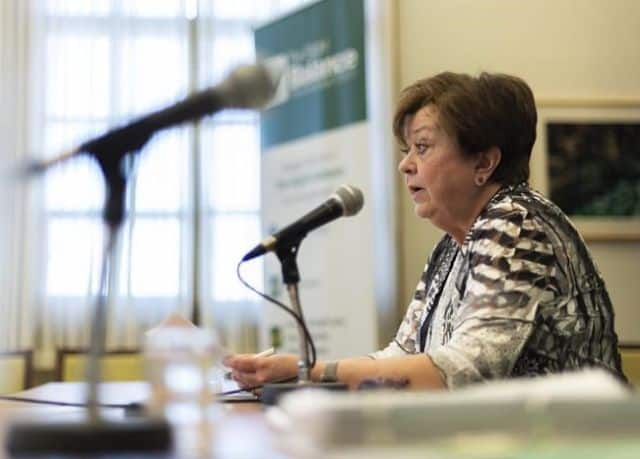
Saskatchewan projects $37M surplus, NDP calls for running deficit
The Saskatchewan government’s mid-year financial update shows the province is still on track to finish in the black this fiscal year.
The Ministry of Finance said Thursday it is forecasting a thin surplus of $37 million, which is slightly more than what was predicted in the spring budget.
It said revenue forecasts are about $329 million higher than in the budget, largely due to higher federal transfers and non-renewable resource revenue.
There’s also an increase in tax revenue, including $3.8 million through the Cannabis Excise Tax. The government forecasts doubling its total pot revenue to $11.4 million from $5.7 million.
Forecasted expenses are also $326 million higher, mostly because of a non-cash pension expense.
Global trade tensions and access to markets continue to pose risks to the budget and the finances of future years, the government cautioned.
The government’s 2019-20 spending plan is the first one in years that projects a balanced budget, fulfilling a three-year plan that started under former premier Brad Wall.
In an effort to achieve that goal and wean the province off a reliance on fluctuating resource prices, the government raised the provincial sales tax to six per cent from five per cent and expanded it to previously exempt goods, including restaurant meals.
Finance Minister Donna Harpauer said that with a provincial election next year, the provincial economy isn’t where it needs to be to consider rolling back consumer tax changes.
“We’ve worked really hard to get the message that in order to keep the services sustainable, we had to make a change because we do not see oil going back to the prices it once was,” she said.
The Opposition’s economy critic, Trent Wotherspoon, said the government didn’t put money away when the economy was stronger and has incurred cost overruns on projects such as the Regina Bypass connector road linking the Trans-Canada Highway with Highway 11.
He said there is a need for the government to put more dollars into classroom education and mental-health and addictions services. The current situation calls for running deficits, he added.


